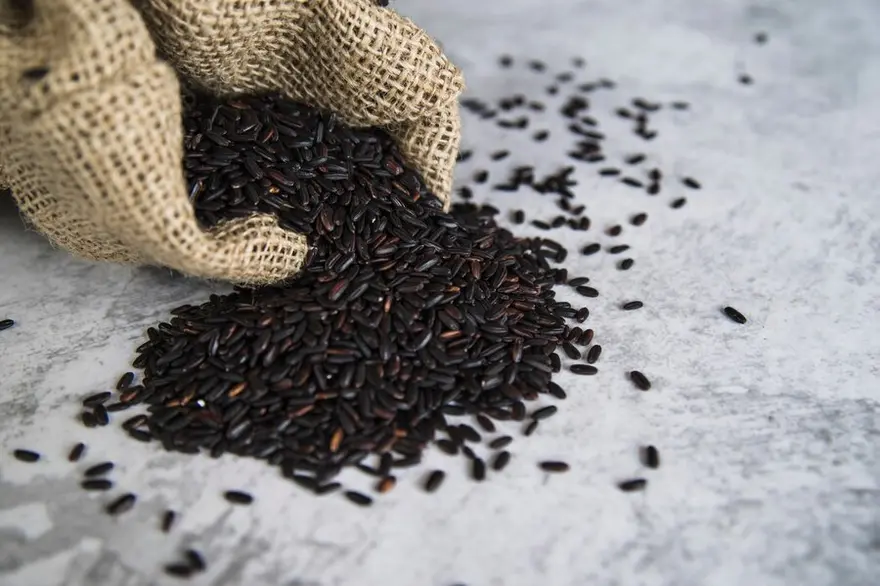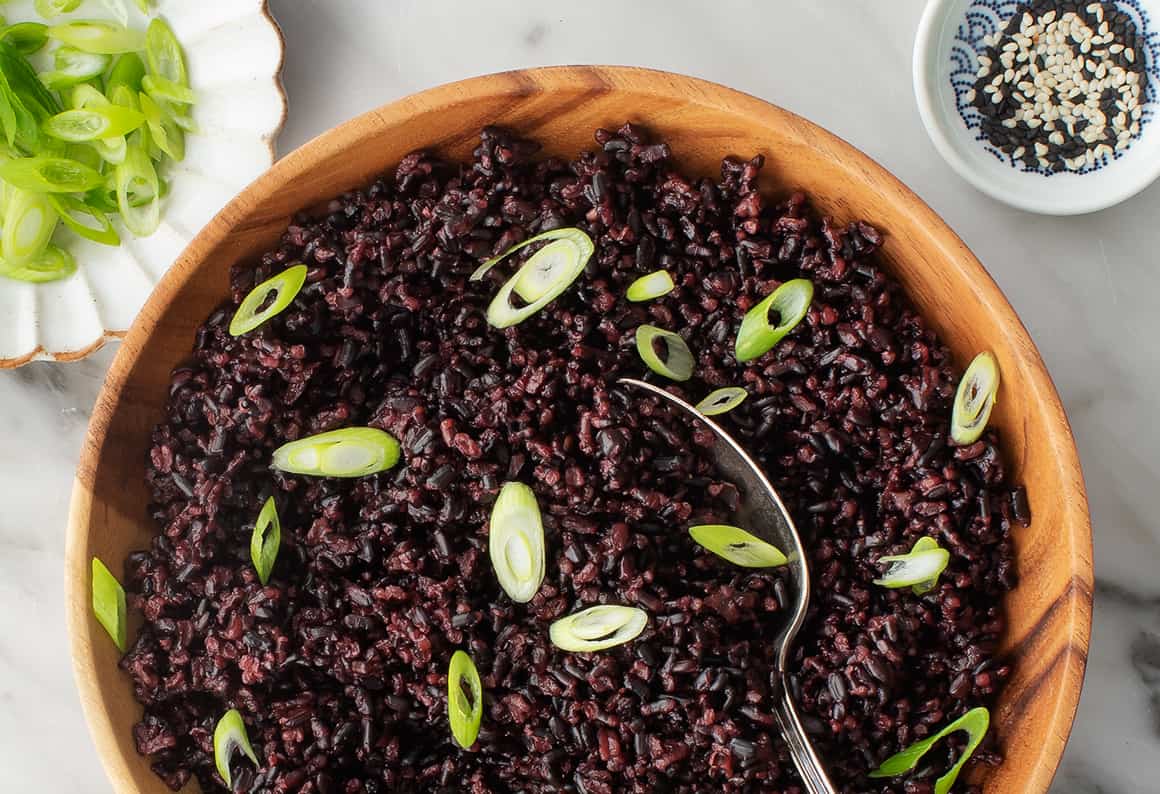Black Rice 1kg: The Ideal Choice for Sugar Patients
For individuals managing diabetes, choosing the right grains is crucial for maintaining stable blood sugar levels. While white rice is a staple in many diets, it often leads to rapid spikes in blood sugar due to its high glycemic index and low fiber content. In contrast, Black Rice has emerged as a superior alternative, especially for sugar patients, thanks to its impressive nutritional profile and unique health benefits.
What Makes Black Rice Different?
Black rice, also known as "forbidden rice," stands out due to its deep black-purple color, which comes from a high concentration of anthocyanins—powerful antioxidants also found in berries. Unlike white rice, black rice retains its outer bran layer, making it rich in dietary fiber, vitamins, and minerals.
Low Glycemic Index: A Boon for Diabetes
The glycemic index (GI) measures how quickly a food raises blood sugar levels. Foods with a high GI cause rapid spikes, while those with a low GI lead to a gradual, steady increase. Black Rice boasts a low GI of around 42, much lower than white rice (which can range from 70–75). This means the carbohydrates in black rice are digested and absorbed slowly, resulting in a more controlled and sustained release of glucose into the bloodstream.
For sugar patients, this slow effect is crucial. It helps prevent sudden blood sugar spikes, making black rice a safer and smarter choice for daily meals.

High in Fiber: Promotes Satiety and Blood Sugar Control
One of the standout features of Black Rice is its high fiber content. Dietary fiber plays a vital role in diabetes management by:
- Slowing down the digestion and absorption of carbohydrates
- Prolonging the feeling of fullness, which can help with weight management
- Reducing overall calorie intake, thereby lowering the risk of obesity—a major risk factor for diabetes
By keeping you fuller for longer and preventing overeating, black rice supports healthy weight loss and maintenance, which is especially beneficial for those with type 2 diabetes.

Rich in Antioxidants: Fights Inflammation and Supports Cell Health
The dark hue of black rice is due to anthocyanins, potent antioxidants that help combat oxidative stress and inflammation in the body. These antioxidants are particularly valuable for sugar patients, as chronic inflammation and oxidative stress are linked to insulin resistance and complications associated with diabetes.
Regular consumption of black rice may help protect cells, improve insulin sensitivity, and reduce the risk of diabetes-related complications.
Packed with Essential Nutrients
In addition to fiber and antioxidants, Black Rice is a good source of:
- Protein
- Iron
- Magnesium
- Phosphorus
- Vitamins and other phytonutrients
These nutrients are often lacking in restrictive diabetic diets, making black rice a nutrient-dense option that supports overall health, bone strength, and energy levels.

Gluten-Free and Easy to Digest
Black rice is naturally gluten-free, making it suitable for individuals with gluten intolerance or celiac disease. Its fiber content also promotes digestive health and a balanced gut microbiome, which is increasingly recognized as important for metabolic and immune health3.
How to Include Black Rice in a Diabetes-Friendly Diet
- Portion Control: Even though black rice is diabetes-friendly, moderation is key. Stick to recommended serving sizes to manage carbohydrate intake.
- Balanced Meals: Pair black rice with lean proteins, healthy fats, and plenty of vegetables for a balanced, low-GI meal.
- Cooking Tips: Rinse black rice thoroughly and soak it before cooking to reduce cooking time and improve texture.
User Experiences and Scientific Backing
Many people with diabetes who have switched to black rice report feeling more energetic, fuller for longer, and experiencing fewer fluctuations in blood sugar levels. Scientific studies also support these benefits, highlighting the role of black rice in improving insulin response and lowering the risk of diabetes complications.
Conclusion
Black Rice is more than just a visually striking grain—it’s a powerhouse of nutrition that offers significant benefits for sugar patients. Its low glycemic index, high fiber and antioxidant content, and rich nutrient profile make it an ideal addition to a diabetes-friendly diet. By making the switch to black rice, individuals with diabetes can enjoy delicious meals while supporting better blood sugar control and overall health.



